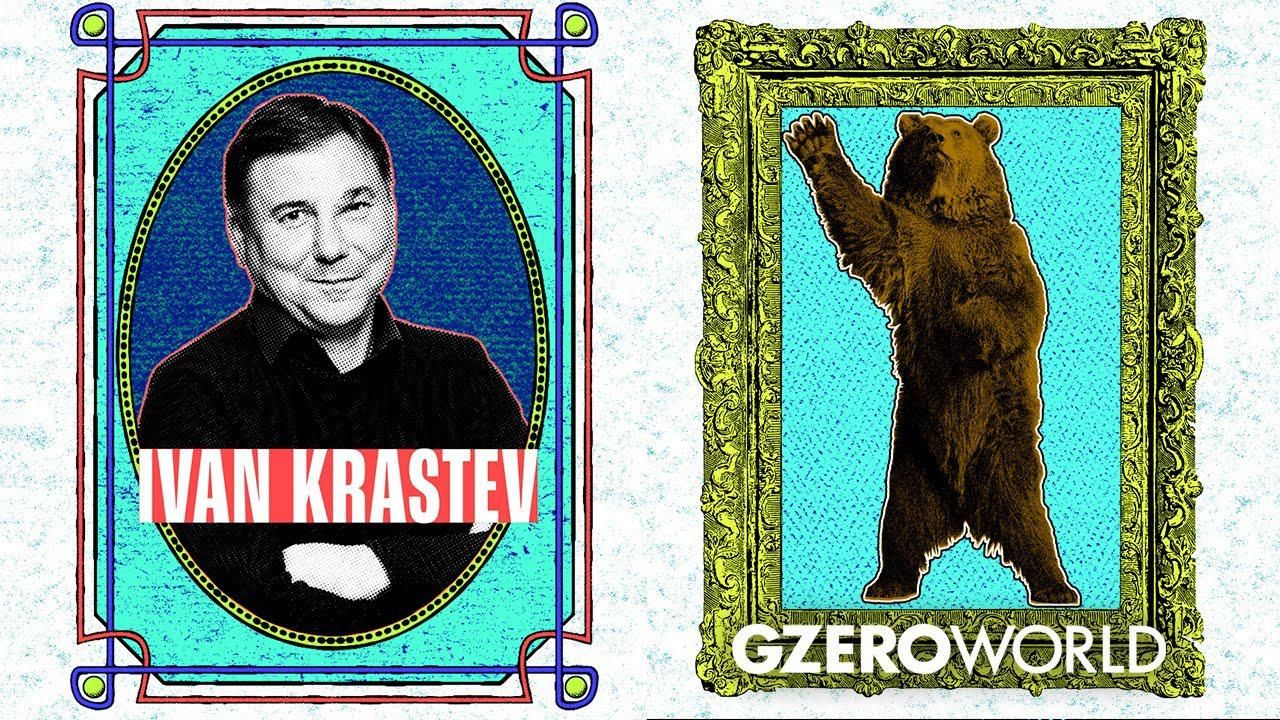
Joe Biden said invading Ukraine would cost Russia and Vladimir Putin dearly, and indeed, not much has gone Putin's way. But what options does Putin have? Ian Bremmer speaks with Ivan Krastev, political scientist and author of After Europe, who believes Putin has the autocrat's curse: his back is against the wall because he can't be perceived as weak. For Krastev, Putin miscalculated in Ukraine — but in a much deeper way than how the invasion is playing out so far. Krastev offers three explanations: Putin never accepted that the Soviet Union collapsed because communism did, he thought the West is in such decline that he'd get away with it, and Putin wants to fix all Russia's problems in his lifetime.
His "special military operation" has become a punishment because he can't convert Ukrainians, says Krastev. Putin's state media has convinced many Russians that they are really fighting the West. Krastev unpacks many of Putin's problems, including his long-term fear of a shrinking Russian population, his miscalculations about the war, and why his biggest blunder has been to misread Ukrainians. Krastev believes Putin is certainly unhappy with how the war is progressing on the ground, but views himself fighting a longer and more consequential battle with the West.